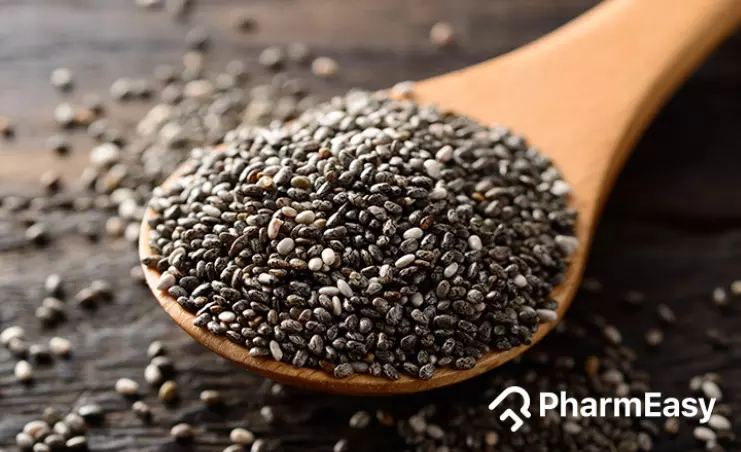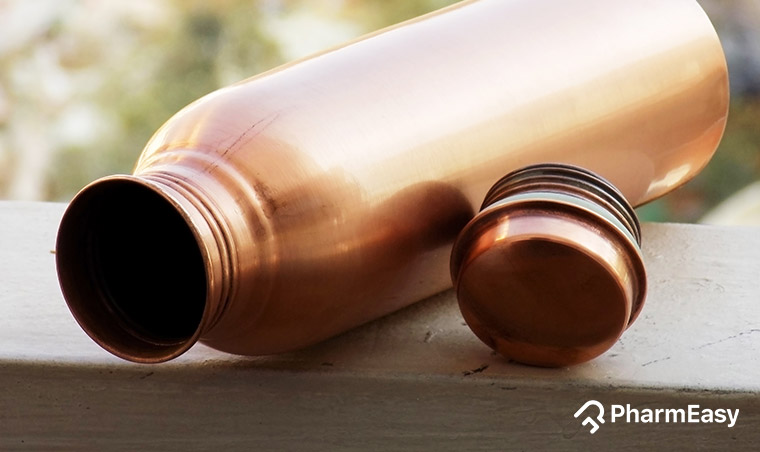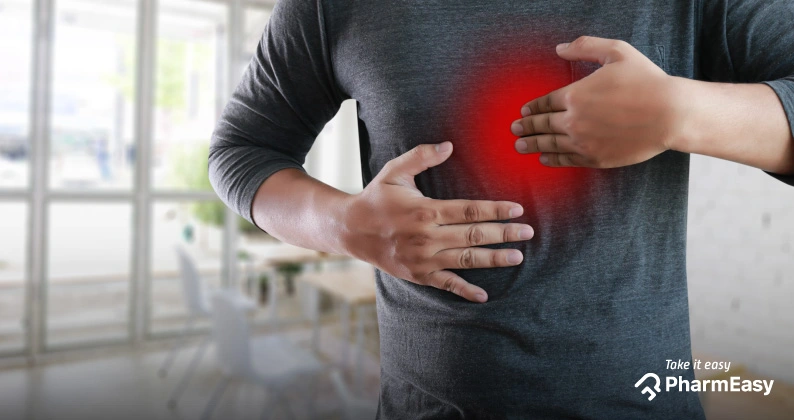Risperidone
Molecule Description
Risperidone is used to treat psychiatric disorders like depression and mood dis
orders. It belongs to a class of medicines called ‘atypical antipsychotics.’
Uses of Risperidone
- A mental disorder which affects the ability of a person to think or behave properly (schizophrenia)
- Mood swings (bipolar disorders) – a person alternates between high moods (mania) and low moods (depression)
- Short-term treatment of Alzheimer’s disease or dementia (an illness that can affect in death of brain cells leading to decline in memory, thinking, learning, writing and other fine skills)
- Short-term treatment of persistent aggression in children and adolescents above five years of age
Contraindications of Risperidone
When should one not use Risperidone
If you are allergic to the medicine or any other substances that are used to make this tablet.
Side effects of Risperidone
Common side effects of this drug are:
- Sleep problems (no sleep or too much sleep)
- Unintentional tremors, muscle tightness or stiffness, slow or difficult movements (parkinsonism)
- Headache
- Respiratory symptoms (common cold, sinusitis, cough, flu-like symptoms, pneumonia)
- Urinary tract and ear infections
- Increased levels of prolactin hormone (enlarged breasts in males and menstrual cycle, fertility problems in females)
- Loss of control over muscle movement (dystonia)
- Unintentional movements (dyskinesia), tremors
- Blurred vision, eye infections
- Rapid heart rate, high blood pressure, breathing difficulty
- Abdominal pain and discomfort (nausea, diarrhea, constipation, indigestion)
- Muscle aches, joint and back pains
- Improper control over passing urine (urinary incontinence)
- Skin rashes and swelling of hands, legs
- Fatigue, fever, weakness
- Have a fall
- Sudden changes in your physical or mental state – weakness of face, hands, legs, slurry speech (signs of brain stroke)
- Sudden movements of the face, tongue or other parts of body that you cannot control (tardive dyskinesia)
- Formation of blood clots – breathing difficulty, swelling pain and redness of the legs(rare)
- Fever, stiff muscles and dizziness (neuroleptic malignant syndrome)
- Prolonged or painful erection (priapism)
Precautions and Warnings of Risperidone
Pregnancy
Q:
Can I take Risperidone during pregnancy?
A:
Taking Risperidone during the last three months of pregnancy (last trimester) may cause problems in newborns. Consult your doctor if you are pregnant or may be pregnant. Risperidone is recommended to be used in pregnancy if it is necessary and no other alternatives exist.
Breast Feeding
Q:
Can I take Risperidone while breastfeeding?
A:
Risperidone passes into the breast milk, but in small quantities and may harm the baby if the baby has any other problems. Take this medicine during breastfeeding only if absolutely necessary.
Driving
Q:
Can I drive if I have consumed Risperidone?
A:
Risperidone acts on the brain and may cause side effects such as dizziness, tiredness and vision problems, which may not be ideal for driving. Hence, driving while on medication of Risperidone is better avoided, unless it is for short distances.
Alcohol
Q:
Can I consume alcohol with Risperidone?
A:
Avoid taking Risperidone with alcohol because it may increase the risk of nervous system side effects such as dizziness, drowsiness or difficulty in concentrating.
Other General Warnings
Talk to your doctor if
- You have heart problems
- You have diabetes
- You have unintentional movements, tremors, learning, thinking or behavioral problems
- You have seizures
- You have drowsiness, muscle stiffness
- You have frequent fevers
- You have erection problems
- You have kidney or liver disease
- You have low levels of white blood cells (leucopenia)
- You have a history of formation of blood clots, may or may not be associated with using antipsychotic medicines
- You have high prolactin hormone levels
Mode of Action of Risperidone
How Does It Work?
There are certain substances in the brain which transmit signals called the ‘neurotransmitters’ (e.g. Dopamine, Serotonin). Disorders like schizophrenia (thought or behavioral problems) and mood swings are caused when the levels of these substances increase in the brain. Risperidone acts by normalizing the levels of these substances....
Interactions of Risperidone
Interactions with other medicines
- Medicines that may cause irregular heartbeats and heart attack (Quinidine, Dysopiramide, Procainamide, Propafenone, Amiodarone, Sotalol)
- Antidepressants & Antipsychotics (Amitryptiline, Maprotiline, Fluoxetine, Paroxetine, Sertraline, Fluvoxamine, Phenothiazines, etc.)
- Medicines used to treat HIV/ AIDS (Ritonavir, etc.)
- Antifungal medications (Ketoconazole, Itraconazole)
- Medicines that decrease acid production in the stomach (Cimetine, Ranitidine)
- Medicines for high blood pressure (Verapamil, etc.)
Interactions with food items
Risperidone does not interact with food and maybe taken before or after meals.
Dietary Restrictions of Risperidone
Do not take Risperidone with tea or cold drinks.
Dosage of Risperidone
Overdose
In case of overdose, you may feel sleepy or tired, or have unusual body movements, problems in standing and walking, feel dizzy or have irregular heartbeats or fits, inform your doctor. Seek medical attention if you feel uncomfortable or experience irregular heartbeats....
Missed a Dose
If you missed to take a dose, take it as soon as you remember it. However, if it is time (less than 6-8 hours) for your next dose, skip the missed dose and continue as usual. Do not take two dosages at the same time to make up for a forgotten dose. Inform your doctor if you missed more than two dosages consecutively....
Content Details
WRITTEN BY
Dr. Mahesh Muthe
MBBS
REVIEWED BY
Dr. Ritu Budania
MBBS, MD (Pharmacology)
Frequently Asked Questions (FAQs)
Q: What will happen if I stop the medication of Risperidone suddenly?
- You should not stop taking Risperidone on your own. It may cause previous symptoms to return. Speak to your doctor if you want to discontinue this medicine. The dose may have to be decreased gradually over a few days...
- Do not self-medicate or adjust the treatment on your own
Q: How long will it take for Risperidone to start showing its effects?
A: Some people may start experiencing the effects of Risperidone by the end of the first week itself, but in most patients, it will take 4-6 weeks to show full effect. Hence, do not feel concerned if it does not show immediate results.
References
View All
Recent articles
Disclaimer
The information provided herein is supplied to the best of our abilities to make it accurate and reliable as it is published after a review by a team of professionals. This information is solely intended to provide a general overview on the product and must be used for informational purposes only. You should not use the information provided herein to diagnose, prevent, or cure a health problem. Nothing contained on this page is intended to create a doctor-patient relationship, replace or be a substitute for a registered medical practitioner's medical treatment/advice or consultation. The absence of any information or warning to any medicine shall not be considered and assumed as an implied assurance. We highly recommend that you consult your registered medical practitioner for all queries or doubts related to your medical condition. You hereby agree that you shall not make any health or medical-related decision based in whole or in part on anything contained in the Site. Please click here for detailed T&C.
Top-Tests we cover:
Top-Selling Healthcare Products:
Top-Selling Medicines:
Top-Searched Medicines:






















